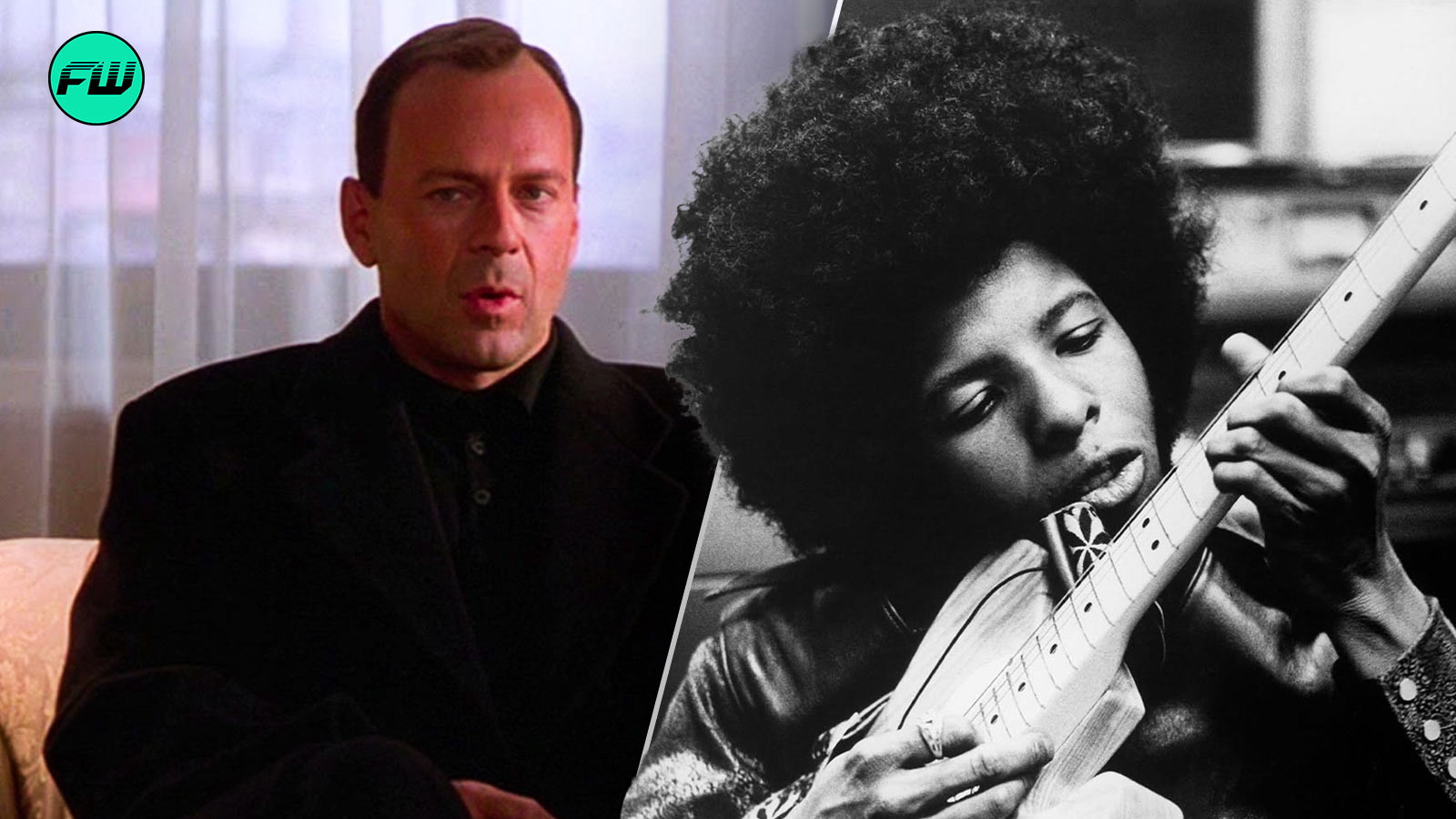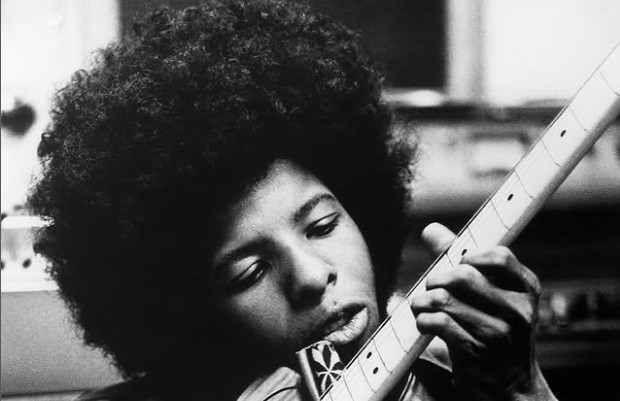
Some days feel like the universe pressed mute. June 9, 2025, wasn’t just another line on the calendar; it was a closing chapter, a double requiem. It felt like flipping through the last page of two different books and still not being ready to close either. We lost Frederick Forsyth, the literary tactician whose pen turned espionage into art, and Sly Stone, the sonic disruptor who gave funk its soul and defiance.
Two visionaries. Two worlds. One piercing silence. Forsyth, the mind behind The Day of the Jackal, died at 86 after a brief illness. Stone left us at 82, following a long struggle with chronic illness.
We lost Frederick Forsyth: The man behind Bruce Willis’ The Jackal

Frederick Forsyth was never meant to be a novelist, at least not by design. But fate, that crooked dealer, often saves its best cards for those with nothing left to wager. Born on 25 August 1938 in Ashford, Kent, and educated at Tonbridge School, Forsyth grew up with his eyes on the skies, dreaming not of literary acclaim but of becoming, in his own words, “a fighter jock.”
And for a while, he was exactly that… one of the youngest ever RAF pilots.
In 1971, flat broke and with nothing but a typewriter and defiance, Forsyth sat down and wrote The Day of the Jackal. It was never meant to be his magnum opus; it was simply a lifeline. Yet that lifeline morphed into a literary landslide.
The 1973 film adaptation solidified its place in thriller history, and The Jackal—a slick, modernized 1997 remake starring Bruce Willis, Richard Gere, and Sidney Poitier in his final theatrical role—offered Forsyth’s vision to a new generation, albeit with Hollywood seasoning.
But The Day of the Jackal was just the ignition. What followed was an avalanche of taut, tactical fiction: The Odessa File, The Dogs of War, The Fourth Protocol, The Devil’s Alternative, The Fist of God, Icon, The Afghan, The Cobra, The Kill List, Avenger, The Veteran. Each book was steeped in rigor.
Tragically, on 9 June 2025, Frederick Forsyth died at his home in Jordans, Buckinghamshire, aged 86, after a brief illness (per BBC). But his legacy? Untouchable. Still read by millions, still the gold standard for thriller writers, still whispering urgency in every taut line.
Remembering Sly Stone: The rhythm that changed music

Some artists leave behind songs. Others leave behind an entire rhythm that pulses through generations like a second heartbeat. If Frederick Forsyth composed suspense, Sly Stone conjured ecstasy.
On June 9, 2025, the music world lost not just a voice but a vision. Stone died at age 82 from long-standing health complications, surrounded by loved ones (see Rolling Stone). His heart may have stilled, but the funk he fathered refuses to die.
Born in Texas in 1943 and raised in the Northern California city of Vallejo, Stone was a prodigy before the world knew what to do with prodigies. A gospel-trained child who could command almost any instrument, he became a radio DJ and producer in San Francisco during the mid-1960s, blending sounds like a scientist gone rogue.
In 1966, he fused his and his brother Freddie’s bands into what became a seismic shock to the system: Sly and the Family Stone. In 2023, Sly broke decades of silence with his autobiography, Thank You (Falettinme Be Mice Elf Agin), peeling back the layers of brilliance and burnout.
Sly proved music could be righteous without losing its groove and that rebellion could come dressed in sequins. His absence is a heavy hush. But that beat? It’s eternal.
This post belongs to FandomWire and first appeared on FandomWire
